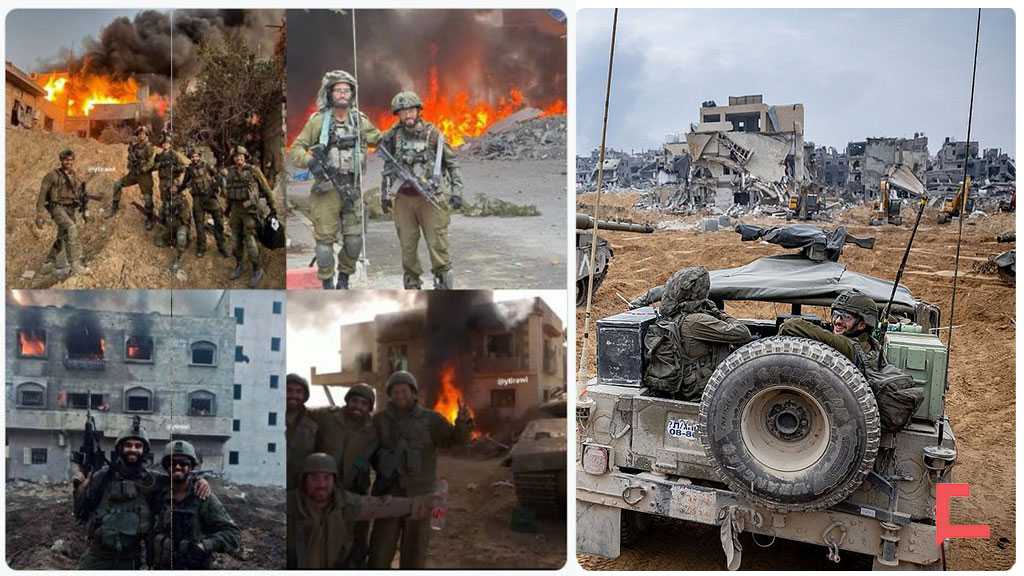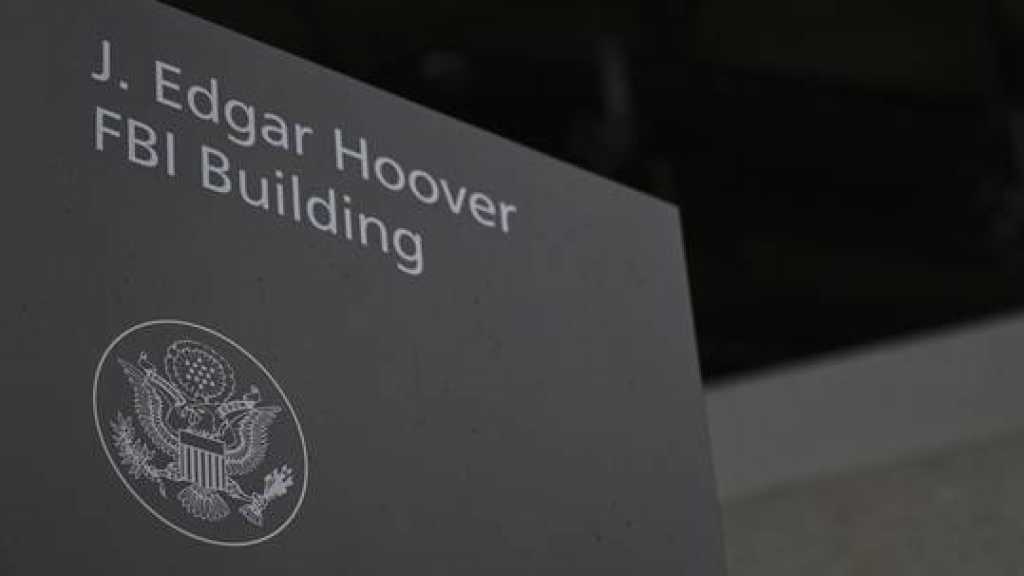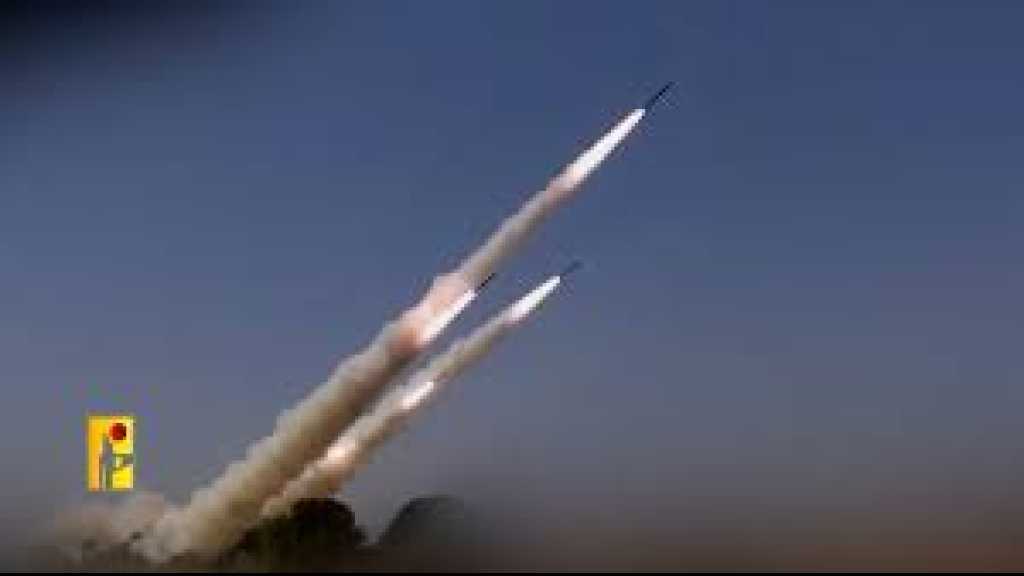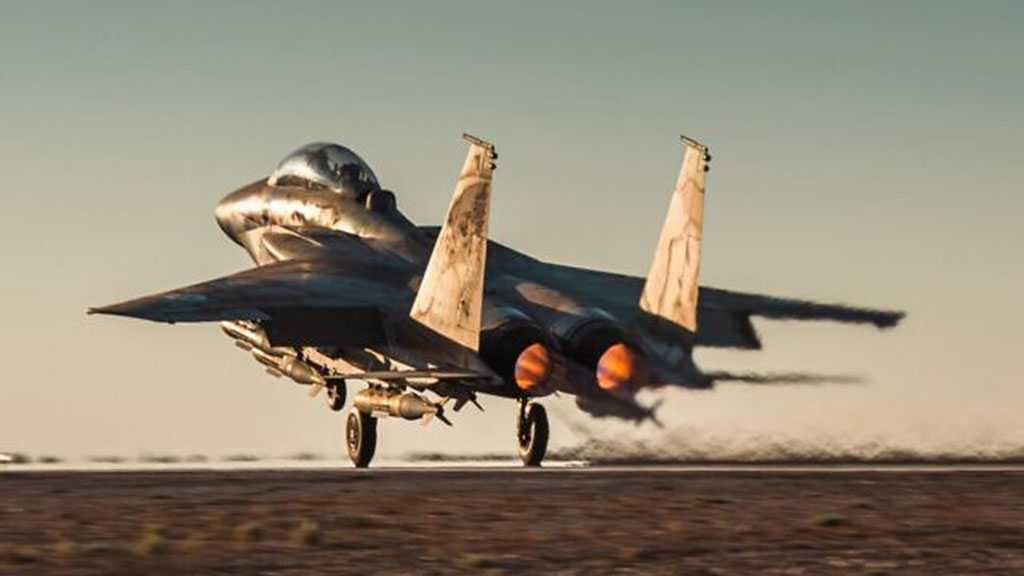
“I’m Bored, So I Shoot”: The “Israeli” Army Sanctions Unrestrained Violence in Gaza

By Al-Ahed News, +972 Mag
In early June, Al Jazeera broadcasted a series of disturbing videos depicting "summary executions" of Palestinians by "Israeli" soldiers in the besieged Gaza Strip. These videos, showing unarmed Palestinians being shot, align with testimonies from six "Israeli" soldiers who revealed that they were authorized to fire at Palestinians at will, including civilians.
One soldier, S., recalled, “I personally fired a few bullets for no reason, into the sea or at the sidewalk or an abandoned building”. This practice was described as a way to alleviate boredom among the soldiers.
The "Israeli" military has withheld its open-fire regulations since the 1980s, resulting in vague rules left to the interpretation of soldiers and their commanders.
Political sociologist Yagil Levy noted that since the Second Intifada [Uprising], “the army has not given soldiers written rules of engagement”. This laxity has led to numerous civilian deaths and incidents of friendly fire, with 324 "Israeli" soldiers killed since the invasion began, at least 28 of them by friendly fire.
One soldier, B., described the permissive environment, “There was total freedom of action... If there is [even] a feeling of threat, there is no need to explain – you just shoot”. B. recounted an incident in November when soldiers killed several civilians during the evacuation of a school. “Everyone who went to the right was killed – 15 to 20 people. There was a pile of bodies.”
Soldiers also testified to a culture of indiscriminate shooting. S. mentioned that soldiers would shoot "even for no reason – anyone who wants to shoot, no matter what the reason, shoots”. This practice, termed “demonstrating presence,” was intended to force people out of hiding.
Reservist M. explained that orders to shoot without restrictions often came directly from field commanders. He shared that, “Regular soldiers, junior officers, battalion commanders – the junior ranks who want to shoot, they get permission”. This led to frequent friendly fire incidents, described by Green as the “main issue” endangering “Israeli” soldiers’ lives.
Testimonies also revealed a systematic policy of burning Palestinian homes. Green witnessed two such cases and expressed his frustration, saying, “We are in these houses not because they belong to Hamas operatives, but because they serve us operationally”. Before leaving, soldiers would pile up furniture and burn the houses to prevent their reuse by Palestinians or to conceal evidence of military operations.
The soldiers described extensive destruction and looting. Green recounted, “We destroyed everything we wanted to... This is not out of a desire to destroy, but out of total indifference to everything that belongs to [Palestinians]”. He added that soldiers treated the houses like “a souvenir shop”, looting items and using anything left behind by the residents.
Corpses of Palestinians were often left to decompose. S. described how, “There are more fatalities than are reported. We were in a small area. Every day, at least one or two [civilians] are killed [because] they walked in a no-go area.” The bodies were occasionally cleared before the arrival of international aid convoys to prevent disturbing images from being publicized.
The “Israeli” Occupation Forces [IOF] spokesperson stated that open-fire instructions adhere to international law and are regularly reviewed. They emphasized that unnecessary burning of buildings and looting are against military orders and that any deviations from these orders would be investigated.



